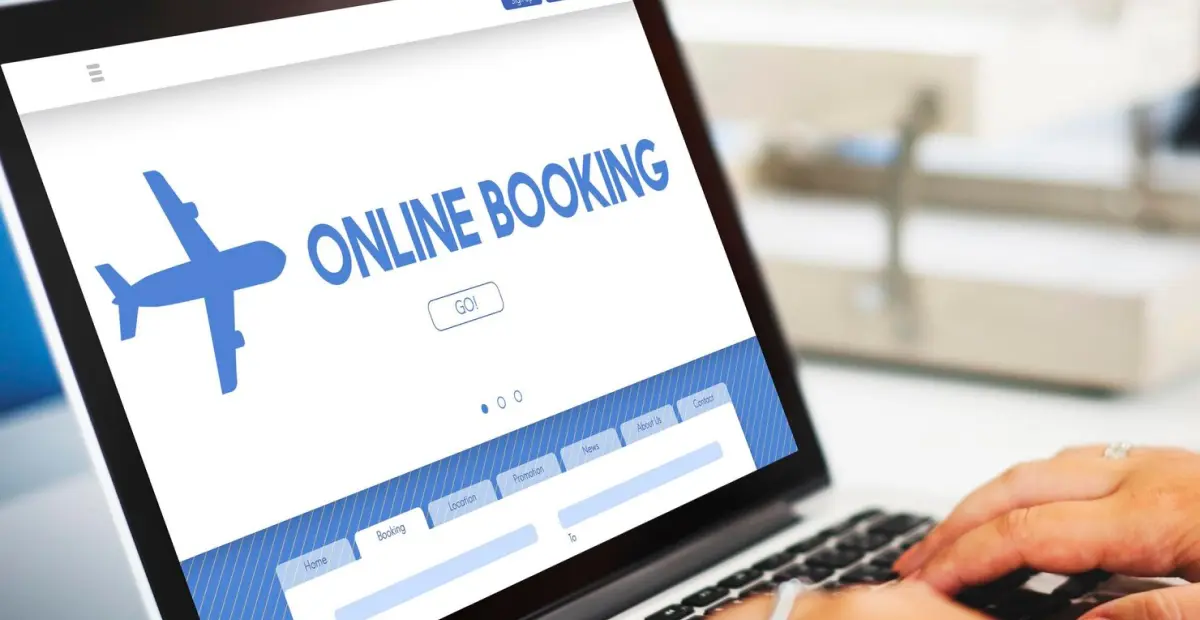As the pandemic’s influence on the airline industry fades in the background, a new situation has emerged.
With skyrocketing demand for flight tickets, airlines increasingly must deal with the scourge of duplicate bookings from travel agents, retail customers, and corporates.
Given that airlines lose an estimated 3% of group revenue from these duplicate bookings, they need to be aware of the following:
- What constitutes a duplicate booking
- How does a duplicate booking happen
- What are the problems associated with duplicate bookings
- How to tackle the issue without upsetting travel agents, retail, and corporate customers who are just looking for a bargain
What are duplicate bookings?
Everyone, including travel agencies, corporates, and groups of tourists, is looking for the cheapest possible fare. Nowadays, people who understand how airline pricing works have a trick up their sleeves, costing airlines millions of dollars in group booking revenue. Given that airline fares vary depending on the market demand, time of booking, and other factors, travel agencies, retail customers, and corporates look to game the system by making multiple reservations for the same itinerary. They hope that they will get an acceptable quote if they make enough bookings.
When the same person/ group ends up holding 2 or more confirmed reservations for the same itinerary, the airlines end up with multiple blocked but unpaid seats, a nightmare for revenue managers.
In several instances, the airline’s passenger service system (PSS) may notice the discrepancy and cancel the latest booking. However, this isn’t always the case, given that similar bookings could be made from different names or via different channels.
How airlines can detect duplicate group bookings in real-time and cancel them
Given the sheer volume of bookings made, airlines have an uphill task combating the issue of duplicate group bookings.
Attempting to manually verify each group booking can be incredibly taxing, not to mention highly ineffective. Many airlines now have an email that customers can reach out to when they make a duplicate booking.
But what if the travel agency or retail customer made the booking on purpose?
Even if customers voluntarily reach out, airlines’ group desks must comb through countless emails to identify and cancel duplicate reservations. Making matters worse, the airline now must find new passengers for the vacant seats.
This is where an automated group booking solution like GroupRM comes in.
It is worth mentioning that such a solution can weed out duplicate group booking requests by automatically checking all the bookings for similar email ids, origin and destination, number of passengers, travel date, date of raising requests, etc.
If a duplicate booking is suspected, it is flagged so that the group desk can verify if there is any discrepancy before canceling the extra reservation. Once duplicate group bookings have been identified, airlines have several options.
- The airline can confirm the reservation that was made first.
- Alternatively, if different travel agencies have booked seats for the same group of passengers, the airline can accept the booking from the travel agency that has the best relationship with them. This could mean that the selected travel agency has brought in the most revenue for the airline, they have been loyal to the airline for many years, or that they are willing to pay higher fares for priority when it comes to bookings.
- There is also the possibility of allowing the travel agency or retail travelers to get the booking based on who accepts the quote from the airline first.
When airlines can identify duplicate group requests automatically, they can get a better grip on which routes and markets are most likely to be plagued with this issue.
Moreover, if the airline finds that a travel agency is repeatedly engaging in raising duplicate requests, they can restrict the agent’s access to their inventory. Case in point, a South Africa-based airline that used GroupRM safeguarded over 8000 seats annually from travel agents engaged in practices such as raising duplicate reservations.
Another great benefit is that airlines can maintain a high level of customer satisfaction by accurately identifying duplicate group booking requests. Doing the process manually can lead to genuine group customers getting snubbed, as airline group desk employees may mistakenly cancel group bookings from people with similar names, thinking it was a duplicate request.
Conclusion
Duplicate requests from group customers and travel agents are a significant pain point for airlines, especially when bookings are at an all-time high. Spending even a few hours manually dealing with duplicate requests can drain resources for the group desk, revenue management, or sales team. Instead, airlines can switch to an automated solution like GroupRM that can identify duplicate bookings with high accuracy by analyzing multiple factors in seconds.
Reach out to our team to see GroupRM in action.











